Alcohol and allergies: Does it make them worse?
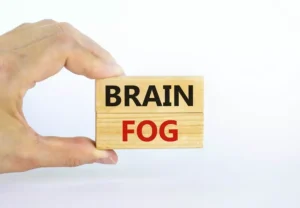
Depending on your symptoms, they might refer you to an allergist for testing and treatment. An allergist is a special type of doctor that focuses on allergic conditions. It’s possible to develop an alcohol allergy at any point in your life. Sudden onset of symptoms may also be caused by a newly developed intolerance. In rare cases, pain after drinking alcohol might be a sign that you have Hodgkin’s lymphoma. Epinephrine—also known as adrenaline—is a life-saving treatment that can reverse anaphylaxis symptoms.
- Alcohol may exacerbate allergic reactions by worsening hypotension—low blood pressure—a critical aspect of anaphylaxis that can lead to shock.
- Some people (most commonly people with an Asian background) develop severe facial flushing (redness in the face) if they consume small amounts of alcohol.
- Symptoms may occur within seconds or minutes of alcohol exposure and could trigger after exposure to even tiny amounts of the allergen.
- Present in abundance, particularly in red wines, histamine can be the instigator of headaches, flushing, nasal symptoms, gut disturbances or even asthma.
- It’s also advisable to seek medical help if moderate symptoms persist or worsen over time.
Lifestyle Quizzes
If a person thinks they have an alcohol allergy, they should eliminate alcohol from their diet and consult with a healthcare professional. With an alcohol allergy, a person’s immune system overreacts to alcohol. Alcohol intolerance is a genetic condition where an individual’s digestive system cannot properly break down the substance. An alcohol allergy and alcohol intolerance are two different conditions.
Can you suddenly develop an allergy to alcohol?

Histamine is a biogenic amine that’s a key component in the body’s response to allergens. Sulfite can also cause symptoms similar to asthma and allergic rhinitis. No, alcohol intolerance is not the same as being intoxicated or drunk. Alcohol intolerance doesn’t mean you become drunk faster or after drinking less alcohol.
How can you treat alcohol allergy?
Depending on the allergy severity, a person may treat symptoms with over-the-counter medications, such as oral antihistamines, if the reaction is mild. The healthcare professional uses a lancet to pierce a person’s skin and apply a small amount of the suspected allergen to see if it causes a reaction. However, standardized skin testing using different types of alcohol is what is alcoholism not currently available. There are several ways for a doctor to diagnose an alcohol allergy or intolerance, including the approaches below. The immune system usually produces antibodies to fight harmful substances in the body.
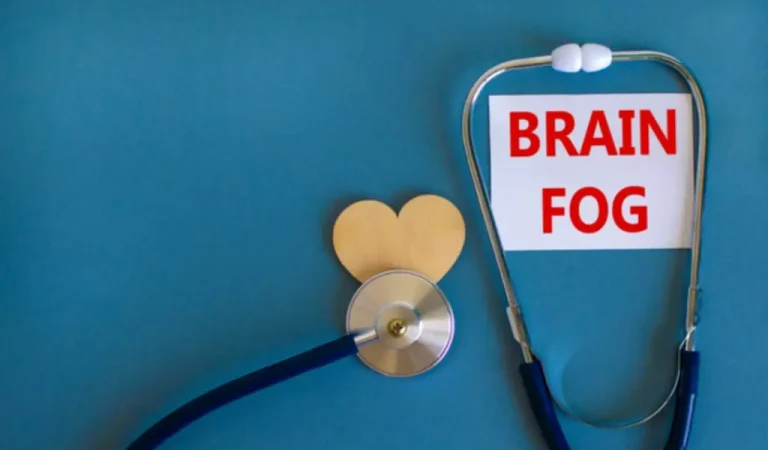
As far as treatment goes, it will depend on if you have an allergy or simply just have a sensitivity. People should note, however, that its authors do not propose that this means that alcohol causes allergies. Some medication requires avoidance of alcohol for the time that you are taking that medicine. An intolerance to histamine is thought to be due to a lack of an enzyme called diamine oxidase. Staying on top of your health is not only important to you, it’s also important to us.
Alcohol Allergy Treatment and Prevention
For example, potential symptoms include red and itchy skin, nasal congestion, shortness of breath, abdominal pain, and diarrhea. If you have a true alcohol allergy, even small amounts of alcohol can cause symptoms. Allergies to brewer’s yeast and other yeasts have been well-documented in the medical literature. Yeast is used in all fermented alcoholic beverages, including beer, wine, hard cider, and sake. This article looks at some of the possible causes of alcohol allergy or intolerance.
- It’s available in preloaded syringes, known as epinephrine auto-injectors (e.g., EpiPen).
- Even drinking a small amount of alcohol (ethanol) causes unpleasant symptoms.
- It’s essential to consult a healthcare professional for accurate diagnosis.
- Most people who have a reaction to alcohol aren’t allergic to it.
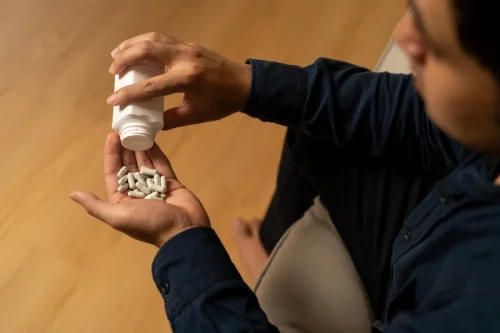
Yeasts are a possible cause of a true allergic reaction to alcoholic drinks. However, studies show that there are only low levels of yeast allergens present in alcoholic drinks. If they suspect you have a true allergy to alcohol or another ingredient in alcoholic beverages, they will likely conduct allergy can alcohol cause allergies testing.
Fuel groundbreaking medical research!
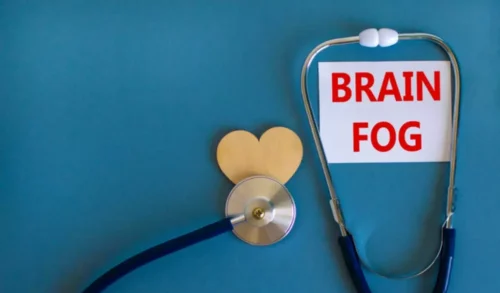
At present, avoidance is the only real way of controlling symptoms arising from allergy or intolerance to alcoholic drinks. If you suspect you are reacting, make a note of the type of drink (and anything else consumed at the same time) and whether or not you took exercise. If all alcoholic drinks affect you, it is probably an exaggerated response to the alcohol itself or an exacerbating effect on your underlying condition. If not, try to narrow the field down to specific drinks or drink/food combinations, so that you can avoid the culprits.
What Symptoms Indicate an Alcohol Allergy?
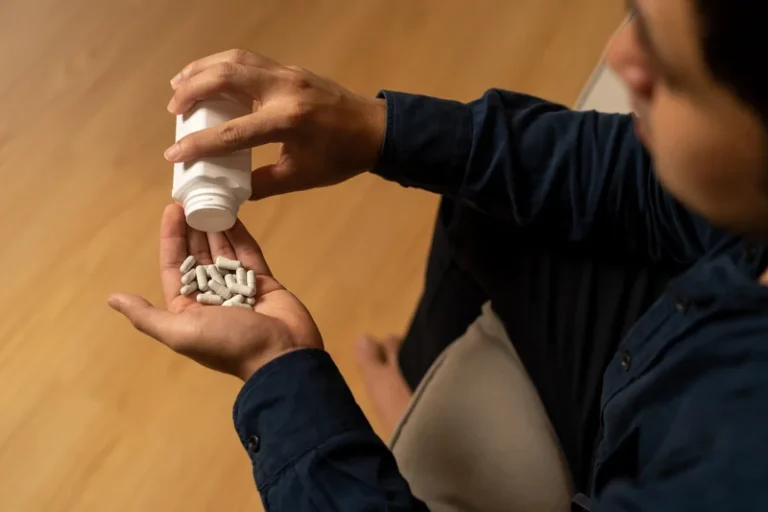
If you exhibit severe symptoms like difficulty breathing, a sudden drop in blood pressure, or a loss of consciousness post alcohol consumption, you might be experiencing anaphylaxis. Anaphylaxis is a severe allergic reaction that requires immediate medical attention. If you suspect you’re having an anaphylactic reaction, seek emergency medical care immediately.


